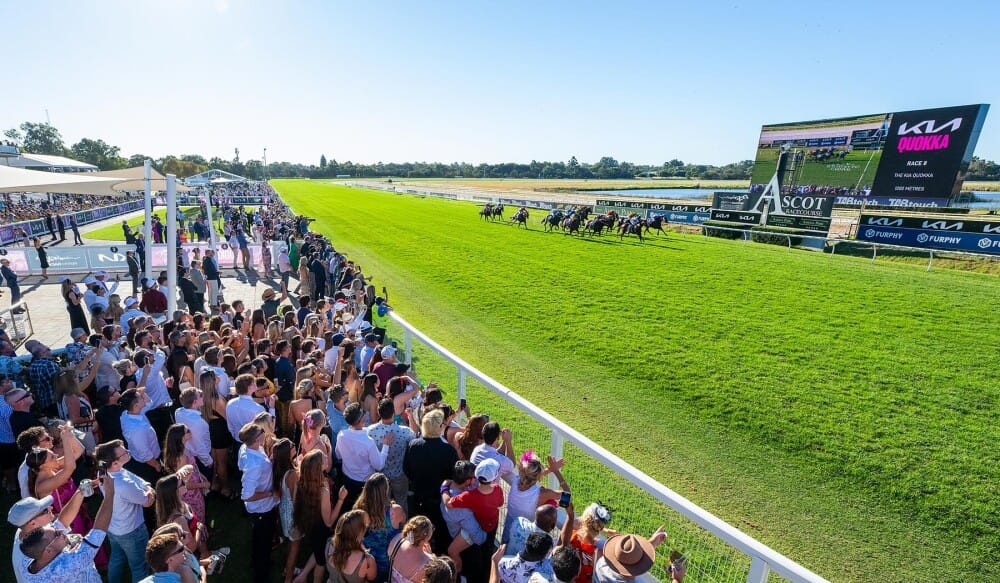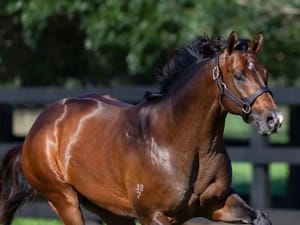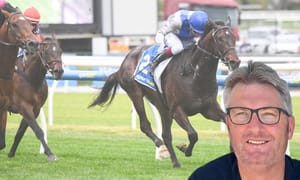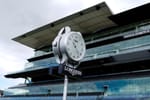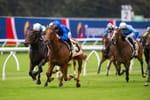Slot races are changing the face of racing, pacing and chasing in Australia and New Zealand and, as Matt Stewart reports, the concept and the innovation it drives, show no sign of slowing.
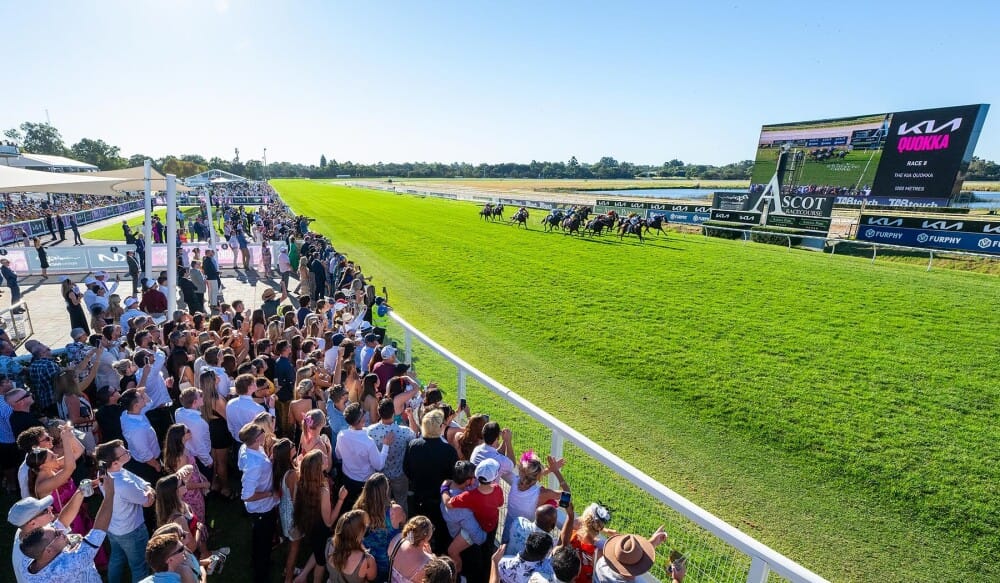
The irony of the slot race phenomenon is that the one that ignited this pop-up world of catchily-named races like The Everest, Quokka, Eureka, Phoenix and Archer never hit stride.
The Pegasus World Cup couldn’t have had a more spectacular first outing. It was run on dirt on January 28, 2017 at Florida’s Gulfstream Park, famous for its pastel, Spanish-themed buildings and tropical palms. The racetrack was owned by billionaire Frank Stronach, who dreamt up the slot concept but didn’t really think it through.
The purse was US$12 million, making it the richest race in the world, and the key combatants were champions Arrogate and California Chrome. The only spoiler was that Arrogate bolted in and California Chrome failed to complete the course.
Slots had been snapped up as the US embraced a fresh, engaging game-changer that would spark interest in a sport that was galloping backwards.
But the timeline tells the tale.
The second Pegasus was worth $US16 million but it then plummeted to $9 million in 2019 and was worth $3 million when Bob Baffert’s National Treasure took the race at Gulfstream Park this January.
The Pegasus was beset with gremlins from the get-go. Slots cost too much (initially $US 1 million), the prize money divvy-up meant most lost on their outlay and revenue streams failed to deliver.
Gary West, who owned 2018 runner-up West Coast, warned that “in its current format, I don’t think the Pegasus has a future.”
The Pegasus is not dead, but its wings are clipped.
Down Under and across the ditch, its copycats are flying.
The dust had barely settled on the first Pegasus when Australia’s first slot race was hatched. It was run in October 2017; named after a Nepalese mountain but it was an overnight Australian success story.
The Everest has now been run seven times. The prize pool is a bit smoke and mirrors – as the Yanks found up with the Pegasus divvy-ups – yet the $16 million plastered across the first, and now $20 million for the upcoming seventh, is mesmerising. Life changing, or at least it feels like it.
Heavy marketing, including race-silks emblazoned Sydney Opera House, and a spring date that has proven harvest time for crowds and interest in racing in Sydney, has made The Everest a smash hit with less than a decade of history. Crowds have almost topped 50,000.
The Everest worked as it celebrated Australian racing’s strength. While the Melbourne Cup was being ransacked by European stayers, The Everest was hosting the world’s best sprinters.
The race became greater than the concept.
It has capitalised on perceptions that racing is old and boring and too observant of history. It has become a rave party for youngsters. It remains to be seen if this party crowd contributes to racing’s next-gen or just passes through once a year.
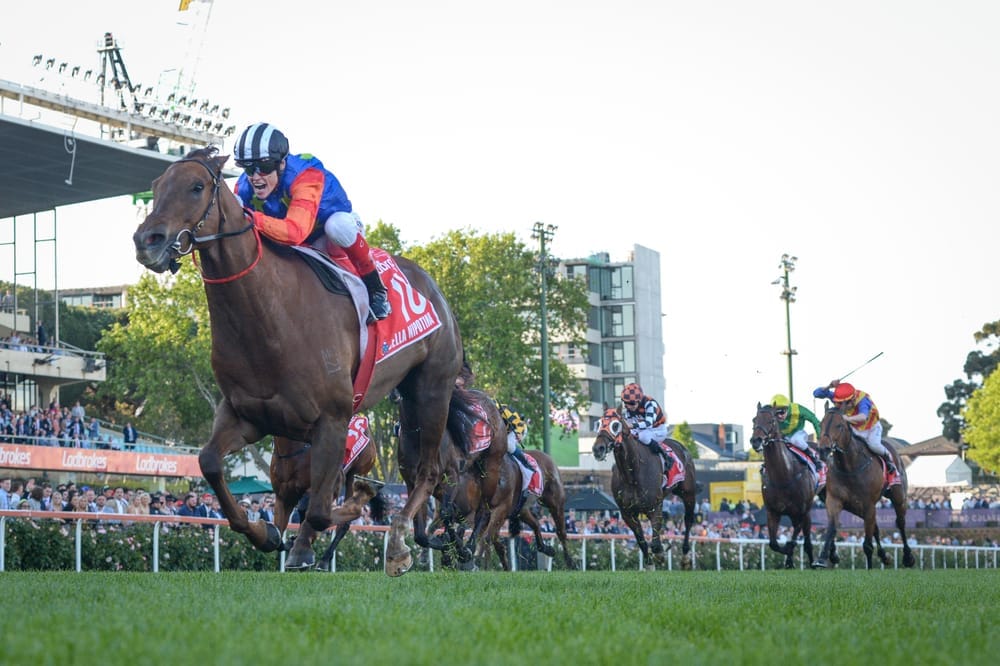
The Everest had been clearly visible to racing jurisdictions stuck in doldrums and holding patterns across three codes, on both sides of the Tasman.
A conga-line of imaginatively branded copycats have marched across the gallops, trots and dogs.
Resurgent New Zealand recently announced the $3.5 million NZB Kiwi and Victoria’s newest race-club, Southside, will run two $1 million slot races, the Meteorite and Supernova, on Cranbourne and Pakenham Cup days later this year.
They join The Quokka (Perth, gallops), Sandgroper (Perth, greyhounds), Nullarbor (Perth, trots), Archer (Rockhampton, gallops), Eureka (NSW, trots), Phoenix (Vic, greyhounds) and The Race By Grins (NZ, trots).
The report cards for these relatively new races have featured ticks across all metrics, including spiked crowds, wagering and engagement.
The first two Eurekas at the usually desolate Menangle attracted crowds of over 9000. The Race By Grins trots race at Cambridge in New Zealand set near record wagering returns in April this year. Last year’s Everest set a TAB record for single race betting.
The two Quokkas have attracted crowds of around 8000 “which is not quite a Railway crowd but right up there with the Winterbottom meeting,” according to Racing WA chief operations officer David Hunter. Turnover has been enormous, $13.6 million this year making it the highest for any individual race in WA.
Greyhound Racing Victoria CEO Stuart Laing said the Meadows was “packed to the rafters” for the fourth Phoenix last year. It was one of the top four meets for wagering in Victorian greyhound history.
The slots and the slot holders attract almost zero interest but the slot aspect invites regular story-telling, a long-range framework.
Who is in, who isn’t?
There will surely be a tipping point but Australasia is not there yet.
The danger is if slot races are perceived as cure-alls.
“What’s the tipping point? When do they start to dilute each other?” Hunter mused.
Until novelty becomes passe, slot races reflect prosperity and ambition and ticks, ticks, ticks.
“What’s the tipping point? When do they start to dilute each other? - David Hunter
The NZB Kiwi is the “cherry on top” of not just a Champions’ Race Day to be held at Ellerslie in March but of a new era of prosperity enabled by the TAB takeover by betting giant Entain. It will be the richest race for three-year-olds in the Southern Hemisphere.
Entain’s New Zealand managing director Cam Rodger said the NZB Kiwi was “a celebration of where the industry has come in a very short time.”
“Wagering has been massive in general. It’s been a very, very sharp upturn across all codes,” he said.
New Zealand Bloodstock CEO Andrew Seabrook said the slot holders were incidental to the impact of races like the NZB Kiwi. New Zealand Bloodstock sponsors the race, holds a slot and auctioned off 13 of the 14 slots at the Karaka Yearling Sale last March. The reserve was $450,000 but some sold for up to $700,000. It was instantly self-funded.
“I think it’s the anticipation, the not knowing if the slot holder has a horse that’s good enough,” Seabrook said of the key to the success of slot races.
The NZB Kiwi, which will launch at $3.5 million but will go to $4.5 million next year, is restricted to three-year-olds purchased in New Zealand or via auction house Gavelhouse.
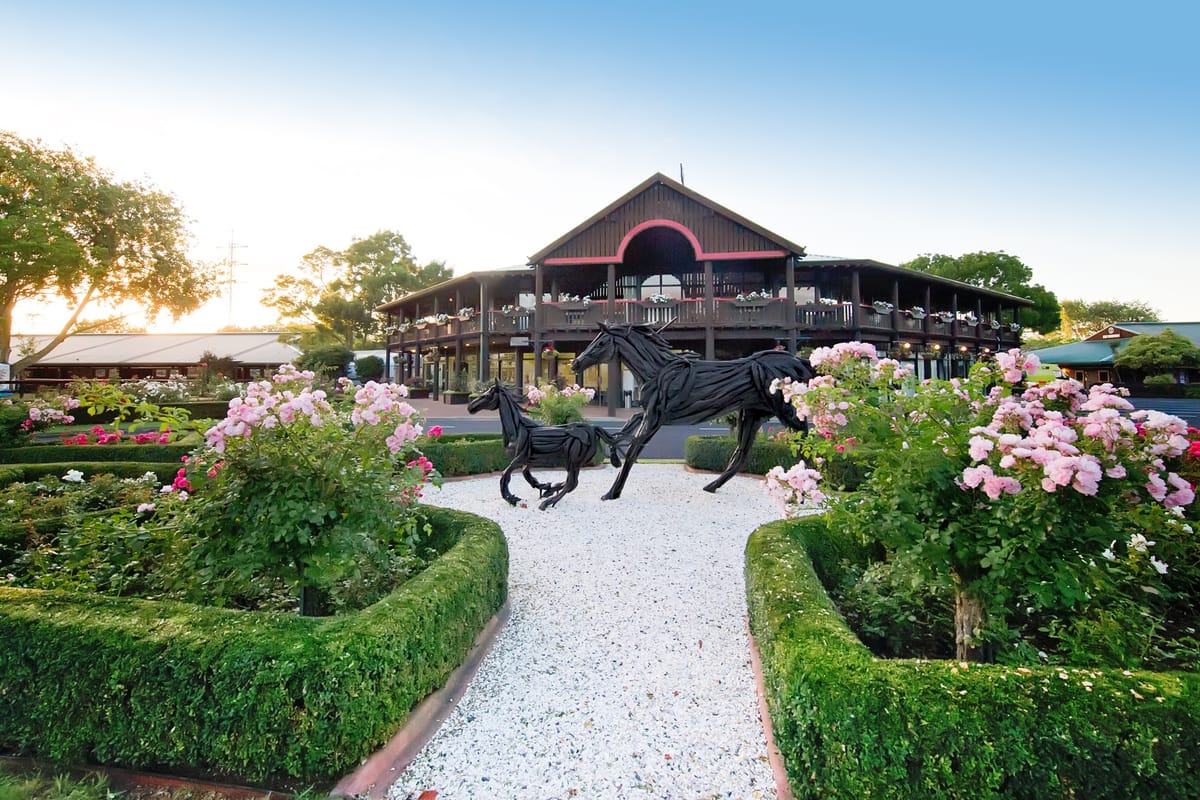
Leading New Zealand racing scribe Mick Geurin said the novelty of the NZB Kiwi, as New Zealand’s only gallops slot race, means “it will be very big. It’s been very well promoted as the centrepiece of a massive day rather than a standalone so it ticks an awful lot of boxes and will get huge eyeballs and hype here.”
For Southside Racing, a new entity that has merged Cranbourne and Pakenham in Melbourne’s strongest growth corridor, the two slot races mirror the trajectory of a club destined for metro status.
Southside has made an ambitious pitch to stage the 2026 Cox Plate at Cranbourne during Moonee Valley’s 18-month track redevelopment. It wants to stage $1 million Cranbourne and Pakenham Cups in late spring as part of a regional carnival. It expects to host Group One races at Pakenham in the next five years.
Slot races are just part of the story according to Southside CEO Neil Bainbridge.
“Make no apology for wanting to be bold and new and fresh and to try things,” Bainbridge said.
He added that the slot bidding, which is now underway, would reveal a strong link between the race-club and the growing south-east community. He expects spirited interest from local businesses.
“It opens up racing for people who don’t own horses but want to get into the sport in a different way,” he said.
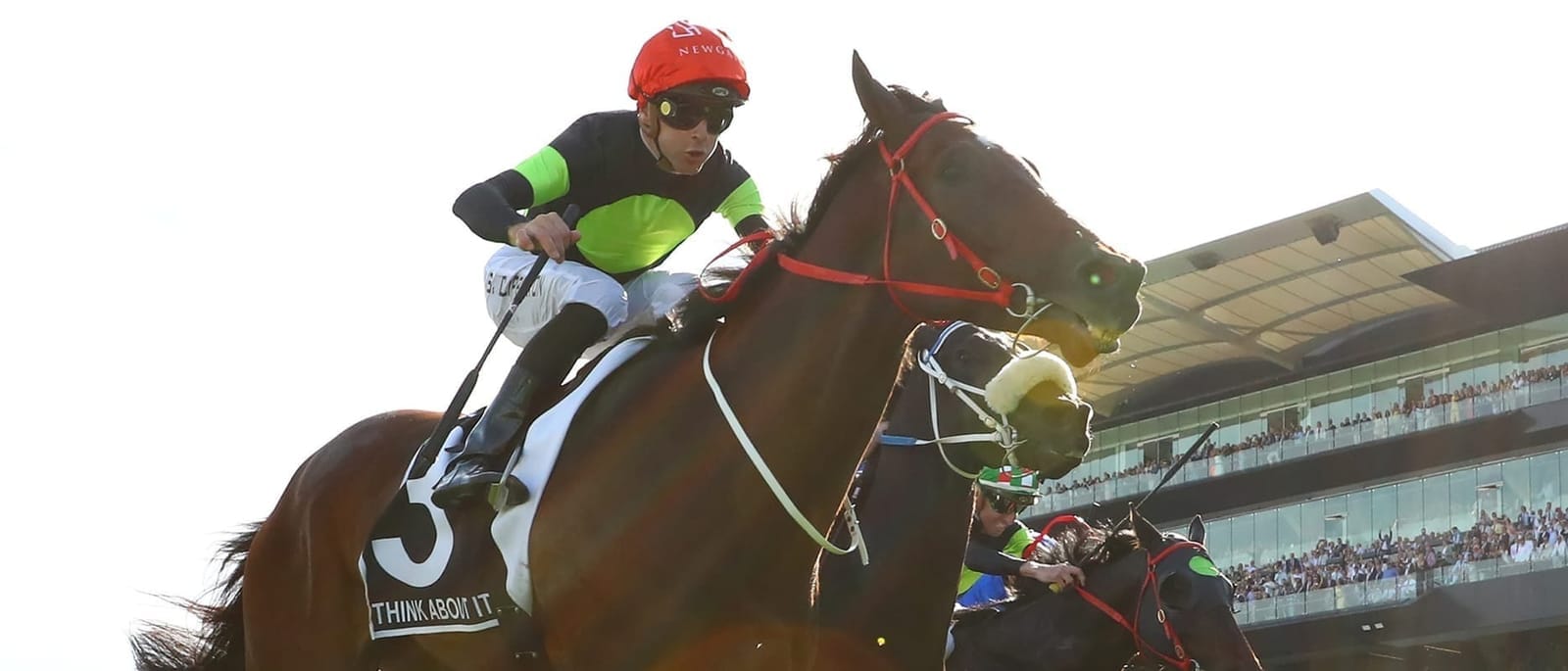
Rodger said he would be shocked if Champions Day did not budge Melbourne Cup Day as the biggest betting day in New Zealand.
Hunter says The Quokka has lit up a previously dead Perth autumn, just as the Everest set October alight in Sydney. The Kiwis are anticipating a very big March next year.
The Pegasus never really took off in the US but it planted a seed for successful imitations half a world away.
“They cannot be seen as a cure-all,” Hunter said. “There will come a time when one more is one too many but we’re not there quite yet.”

